Aortic stenosis is a narrowing of the aortic valve that restricts blood flow. Understanding causes, symptoms, and treatments is vital for heart health.
What are the main causes of aortic stenosis?
- Calcium buildup on the aortic valve over time can narrow the valve opening, leading to restricted blood flow from the heart to the body.
- Congenital heart defects may result in abnormal aortic valve formation, increasing the risk of aortic stenosis at a younger age.
- Rheumatic fever can cause scarring of the aortic valve, which may contribute to the development of aortic stenosis later in life.
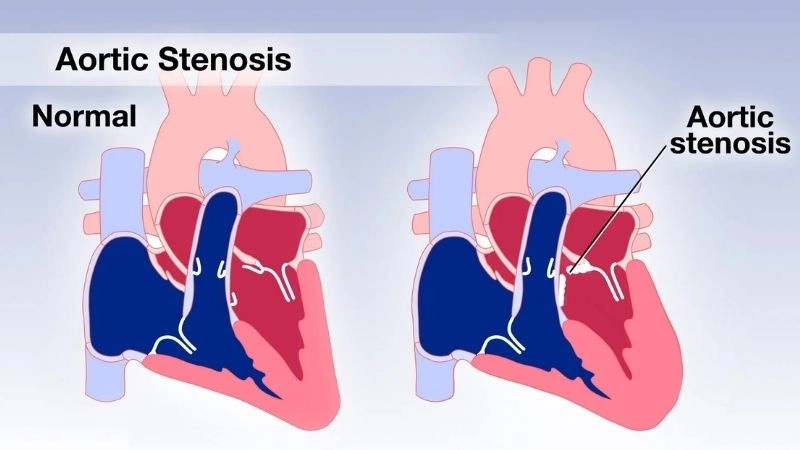
Aortic Stenosis Symptoms include chest pain and fainting
>>> Discover more: Postural Orthostatic Tachycardia Syndrome (POTS) overview
Key symptoms of aortic stenosis to watch for
- Chest pain or tightness during physical activity is a common sign, as the heart struggles to pump blood effectively through the narrowed valve.
- Shortness of breath often occurs with exertion because reduced blood flow limits oxygen delivery, making even simple activities more challenging.
- Fainting or dizziness can happen when the brain does not receive enough blood, particularly during exercise or sudden physical stress.
How can you prevent aortic stenosis effectively?
- Regular cardiovascular check-ups help detect valve problems early, enabling timely treatment and lifestyle adjustments to reduce disease progression.
- Managing blood pressure and cholesterol through a balanced diet, exercise, and medication supports healthy arteries and reduces strain on the aortic valve.
- Preventing infections like strep throat reduces the risk of rheumatic fever, which can damage the aortic valve and lead to future stenosis.
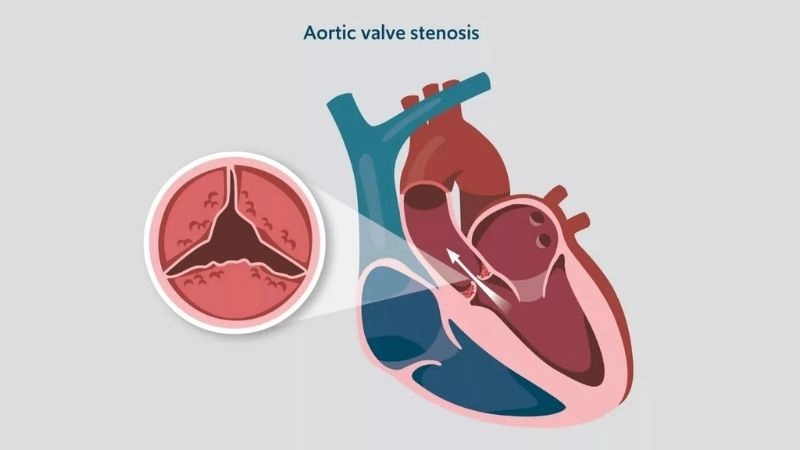
Aortic Stenosis Treatment helps improve blood flow
>>> Discover more: Early signs of Inappropriate Sinus Tachycardia issues
Images visual examples of aortic stenosis
Images of aortic stenosis often show a narrowed aortic valve with calcium buildup. These visual examples highlight how restricted valve openings limit blood flow from the heart.
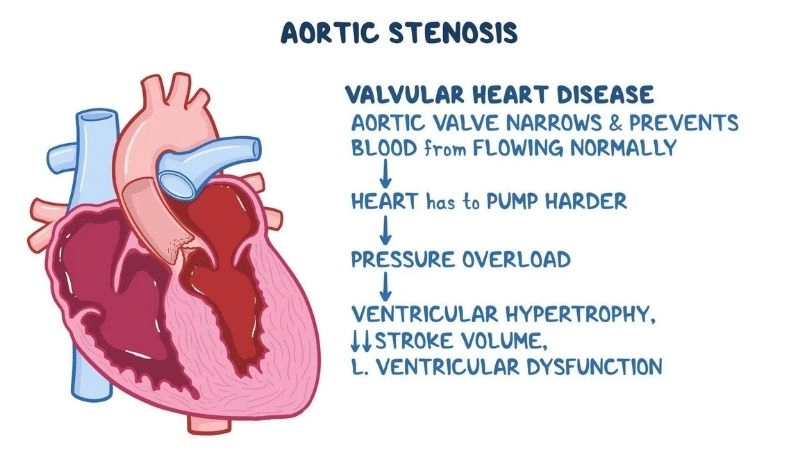
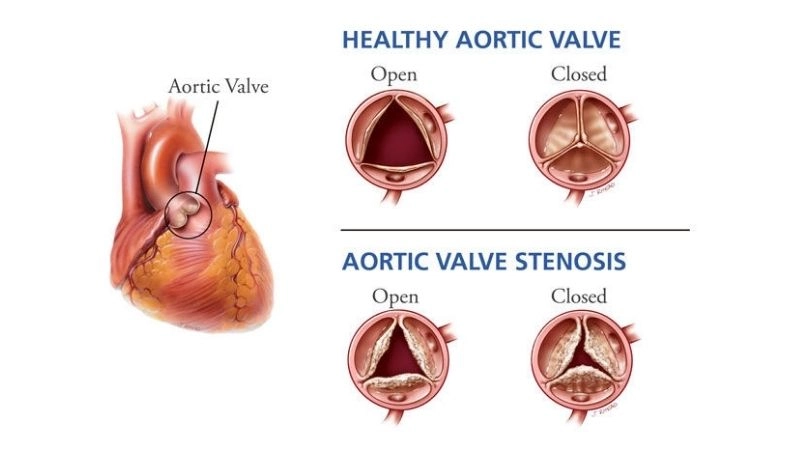
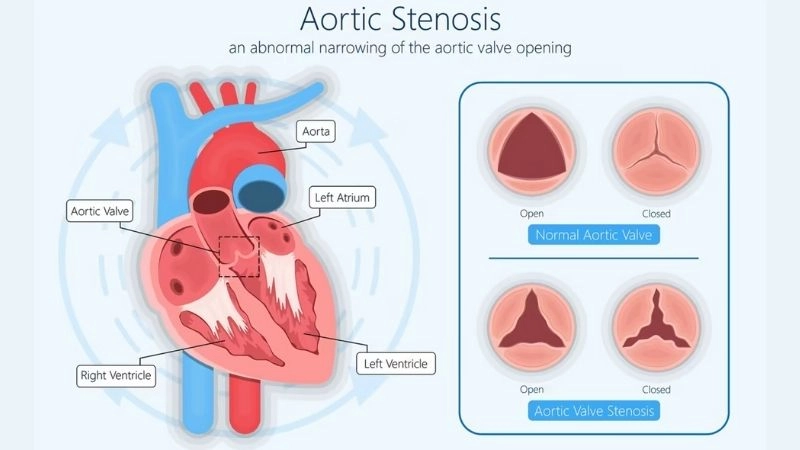
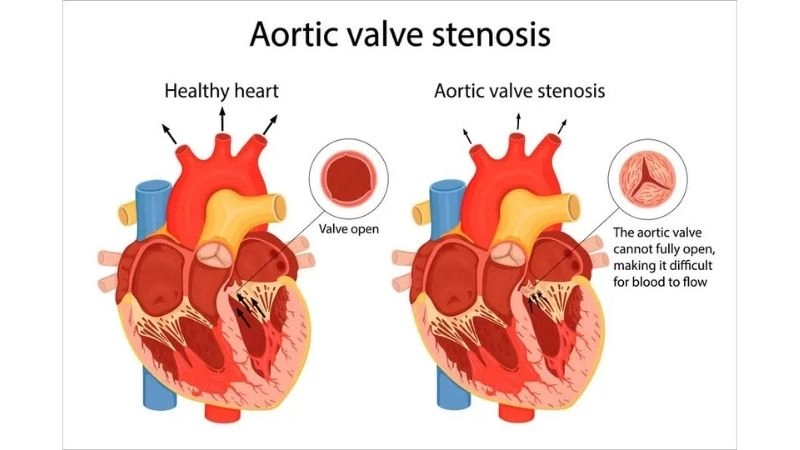
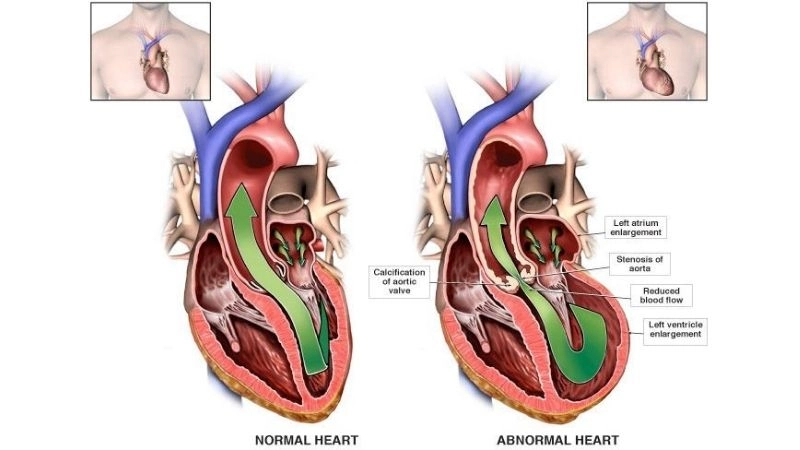
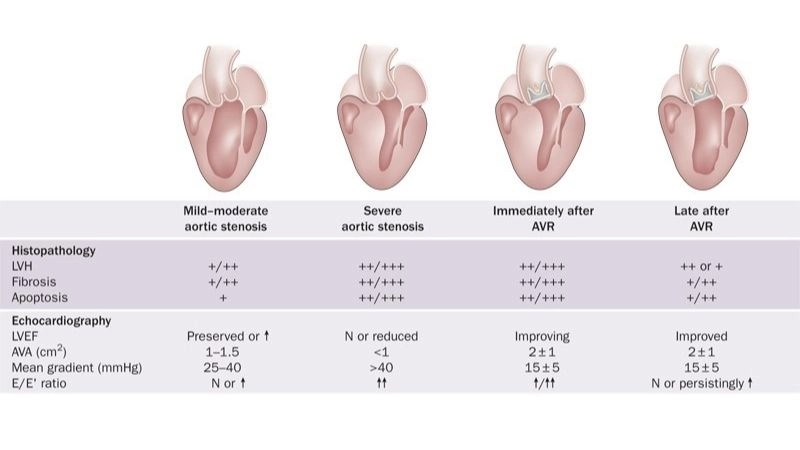
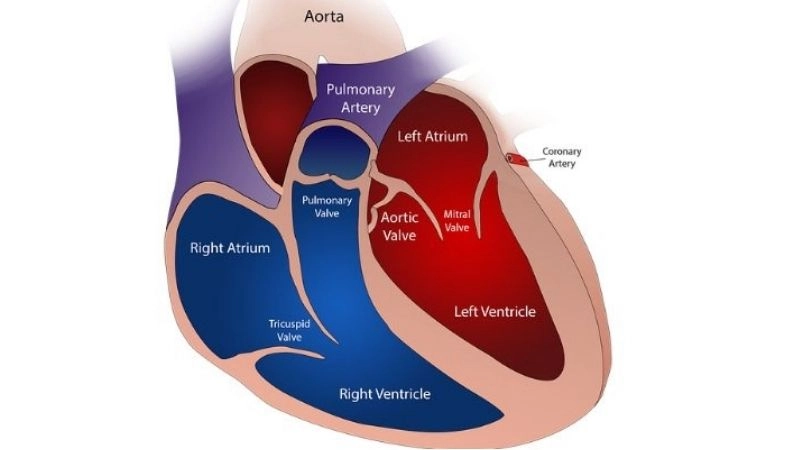
>>> Discover more: Torsades de Pointes causes symptoms and treatment guide
Aortic stenosis is a life-threatening heart condition, but timely diagnosis and treatment can improve survival rates and ensure a healthier, longer life.





